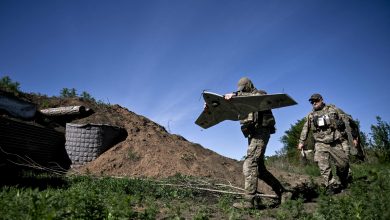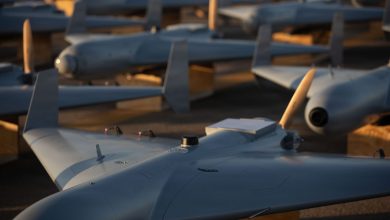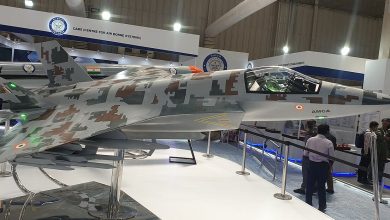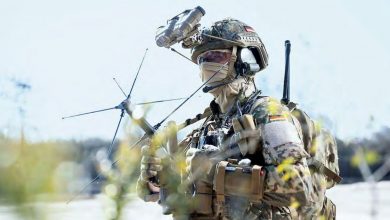Putin threatens ‘Global Catastrophe’ if NATO forces clash with Russia
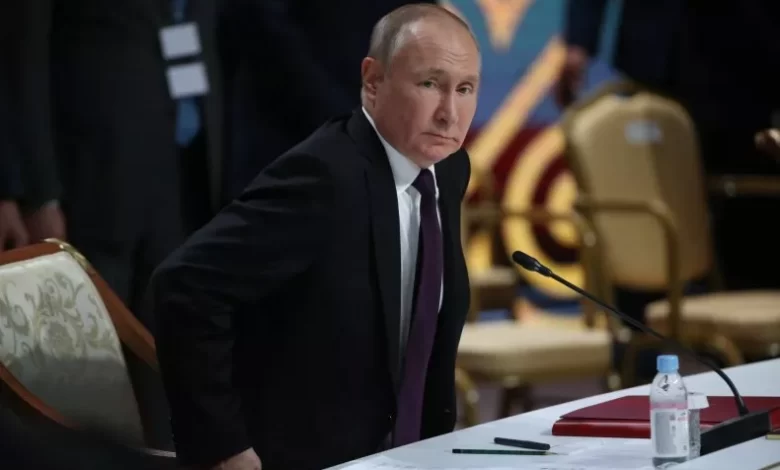
North Atlantic Treaty Organization (NATO) forces clashing with Russia would end in “global catastrophe,” Russian President Vladimir Putin said
The Russian leader’s remarks come more than seven months after he ordered the “special military operation” on Ukraine in late February. In the months leading up to the invasion, Ukraine’s relationship with NATO became a point of contention between the Eastern European neighbors, with Russia underscoring demands that Ukraine not grow too close to the West or formerly join NATO.
The threat also comes as Ukraine formerly makes its bid to join NATO, but Western leaders, including President Joe Biden, have shot down the possibility of admission, citing corruption concerns. Ukraine joining the organization could result in drawing a NATO response to the Russia-Ukraine war, which Russian officials have said would end in “World War III.”
Putin, during a press conference on Friday, doubled down on anti-NATO rhetoric, describing any NATO military clash as a “dangerous step.”
“In any case, putting troops into direct contact, direct conflict, with the Russian army is a very dangerous step, which might lead to a global catastrophe. I hope that those who speak about it have enough good sense not to take that step,” he said.
Putin Threat Comes as Ukraine Hopes for Accelerated NATO Membership
Ukrainian President Volodymyr Zelensky announced plans to request his country’s NATO bid to be accelerated in late September, after Russia illegitimately annexed Ukrainian territories.
However, NATO remains unlikely to accept its membership. Ukraine becoming a member of NATO would require its fellow members to defend it against Russia—essentially triggering a war between the alliance and Russia that would have wide-reaching consequences.


